From a prodigious talent to facing professional challenges, Bugalahang's story mirrors the tragedy of a "thousand-mile horse not meeting its Bo Le," but behind this lies not just an individual's plight, but a reflection of the deep-seated issues within Chinese football. Unpaid wages, team disbandments, and a lack of avenues for redress—these things that sound like anecdotes have become the stark reality of Bugalahang's brief career.

Bugalahang came from Evergrande's youth training ranks, where he was one of the key young players being groomed. His talent once shone brightly. As a midfield core player, he not only had excellent ball control but also a keen sense of the game and dribbling skills, which made people hopeful about his future. At that time, Bugalahang was seen as the hope for Evergrande and even Chinese football. Everyone believed that given time, he would become a pillar of the Chinese football scene.
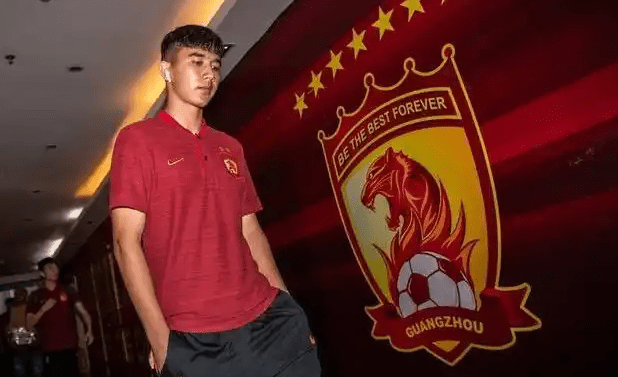
Unfortunately, while dreams are full, reality is bony. In 2019, he joined Evergrande's first team, expecting it to be the highlight of his career, but little did he know it would mark the beginning of his difficulties. In 2021, Evergrande's financial crisis began to show, with many players' wages being withheld. Bugalahang was not spared, and two short years later, he was forced to transfer to Shijiazhuang, seeking new opportunities.
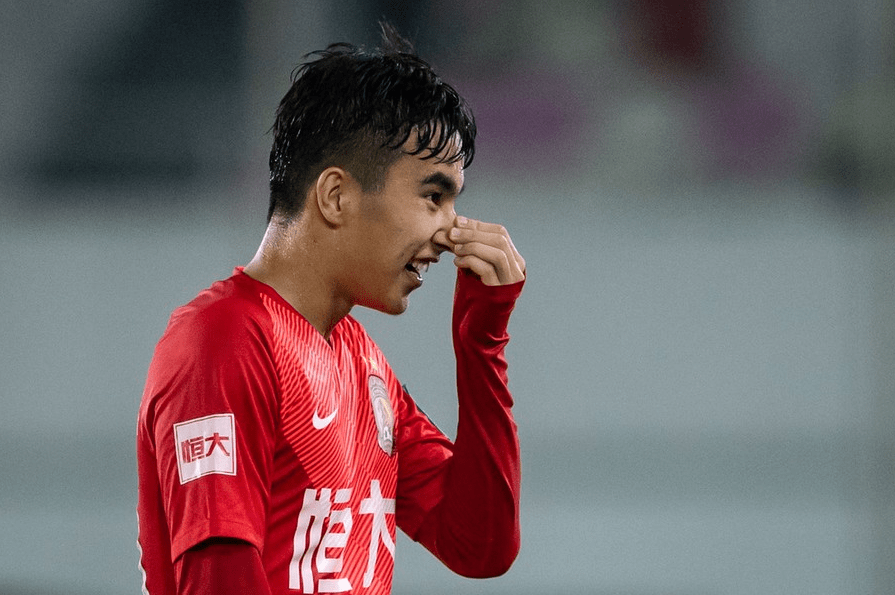
After joining Shijiazhuang, Bugalahang finally became a regular starter, playing 15 games for the team. His stable performance seemed to have finally found him his place. However, fate had other plans—Shijiazhuang's wage arrears were worse than Evergrande's. After working hard for a season, he only received three months' salary. Consider this: a professional player trains hard, competes, and battles, yet at the end of the day, even their basic salary is not guaranteed. This would push anyone to the brink of despair.
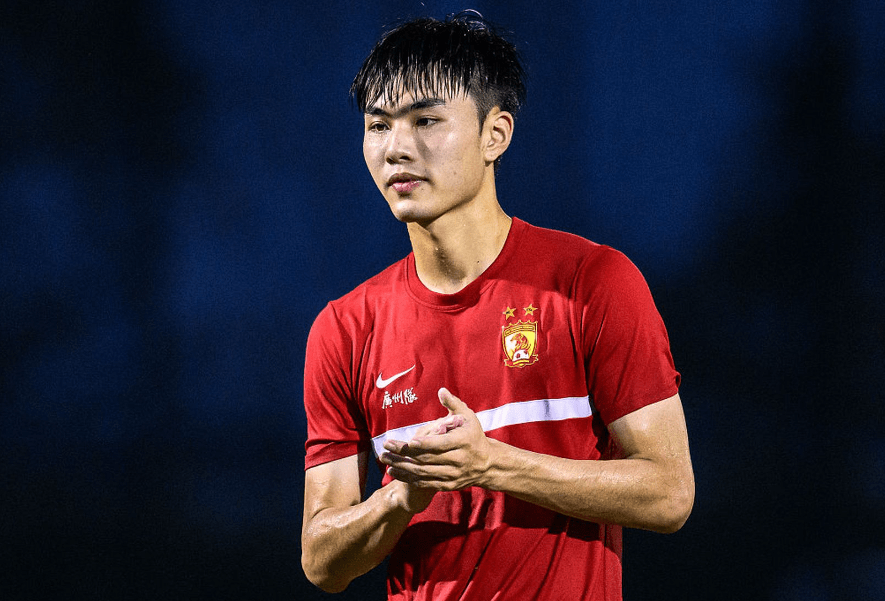
In the 2023 season, he returned to Evergrande. Expecting stability upon his return, reality struck him hard again. That year, his statistics at Evergrande were impressive: 23 games with 5 goals and 5 assists, yet he still did not receive his wages. Ultimately, he had no choice but to leave once more, transferring to Chengdu Rongcheng.
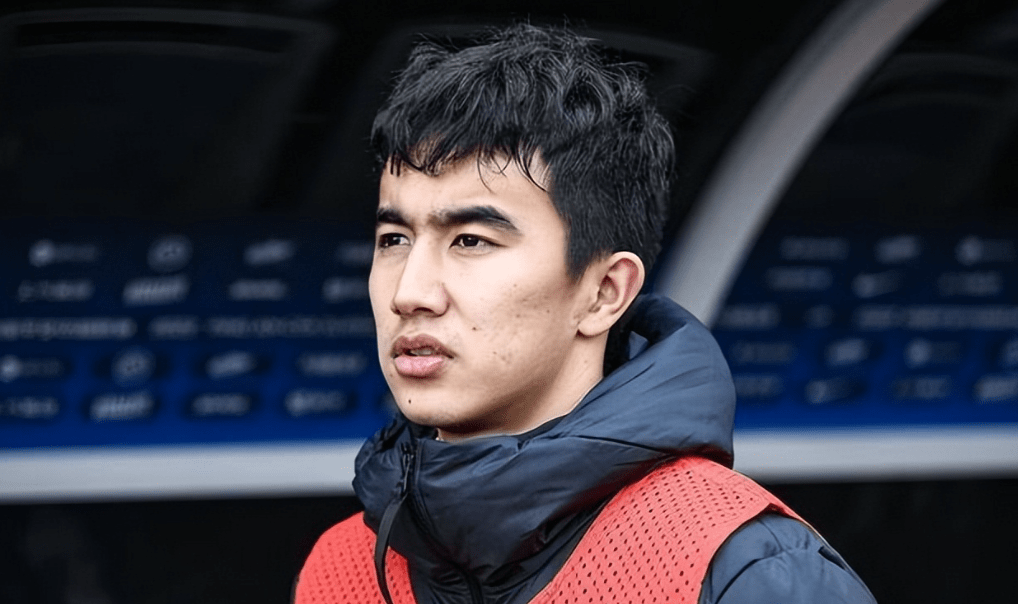
However, this transfer did not completely free him from his difficulties. In his last game with Evergrande, he was suspended for seven matches and fined 70,000 yuan by the Chinese Football Association for improper behavior. With limited support from his new club, he was quickly loaned out to Hunan Xiangtao. It is disheartening that after the season, Xiangtao announced its dissolution, leaving Bugalahang once again facing the awkward situation of unpaid wages.

Bugalahang's plight makes one wonder: why are so many teams in arrears with wages? Behind the names of Evergrande, Shijiazhuang, and Hunan Xiangtao lie the heartache and helplessness of a group of players. In recent years, wage arrears in Chinese football leagues have ceased to be isolated incidents but have become a "normal" phenomenon. When investors' capital chains break, clubs dissolve, and players have no way to defend their rights, this plot keeps repeating itself.

To pursue his unpaid wages, Bugalahang not only applied for arbitration with the Chinese Football Association but also submitted his case to FIFA. However, even FIFA finds it difficult to handle such local wage arrears issues. This also evokes anger: is it really so hard to protect the basic rights of professional players in this industry?
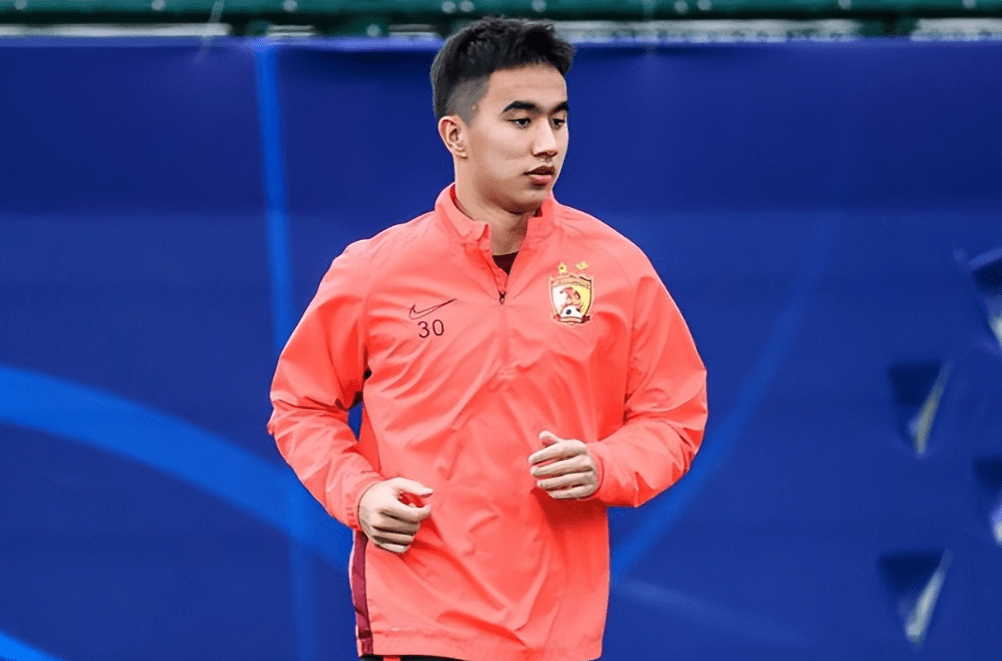
Bugalahang's experience is not an isolated case but a microcosm of the problems in Chinese football. Why are so many teams in arrears or even dissolving? The core reason lies in the excessive reliance of China's professional football league on capital operations. Once investors withdraw funds or capital chains encounter problems, clubs often collapse like dominoes. Evergrande, once a banner of the CSL, is now also struggling with financial crises, indicating that the problem has penetrated to the core.
Moreover, the confusion in the Football Association's management and the lack of systems are also significant reasons. Wage arrears continue to occur year after year, but relevant regulatory mechanisms and legal safeguards have been slow to catch up. When players seek to defend their rights, the Football Association acts like a disengaged shopkeeper, while FIFA is too far away to intervene effectively. This double bind leaves players with increasingly limited room for survival.
More frighteningly, this wage arrears phenomenon not only affects individual players but also has a chain reaction on the entire league ecosystem. Imagine, who would still want their children to embark on the path of professional football? When grassroots players keep leaving, the entire football pyramid faces the risk of collapse.
Despite successive blows, Bugalahang remains determined to fight for his place on the field. This psychological resilience is truly remarkable. Consider this: a player who has not received a full salary for three consecutive years can still maintain his competitive form—what kind of perseverance does that require? Yet, despite this, long-term economic pressure and professional difficulties may gradually wear down his passion. If there is no hope in sight, who could persevere?
Bugalahang's story is both poignant and infuriating. He is not the first player to face wage arrears, but without thorough reforms, he certainly will not be the last. Professional football should be a stage filled with passion and dreams, but today's Chinese football is like a "quagmire of wage arrears," repeatedly swallowing the futures of its players.